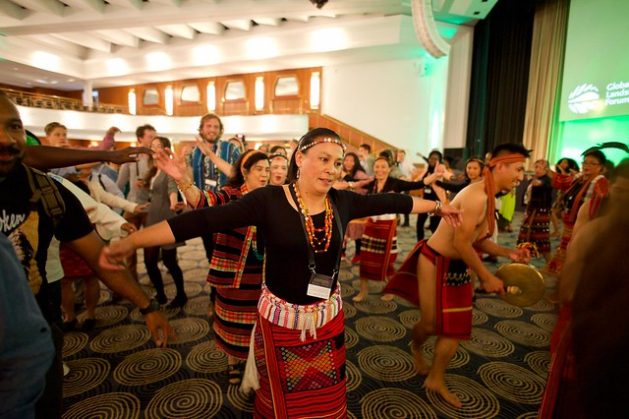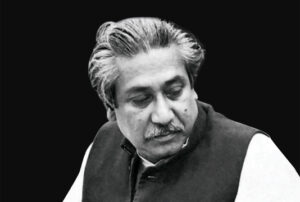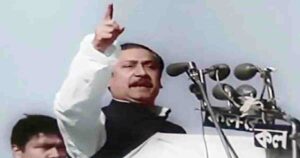Geneva, (Kanaga Raja) – Human rights experts at the United Nations have called for a decade of action to protect and promote the use of indigenous languages, many of which have now become endangered.
This call came on the occasion of International Day of the World’s Indigenous Peoples which is commemorated on 9 August.The call was made by the Expert Mechanism on the Rights of Indigenous Peoples, chaired by Ms Kristen Carpenter; the Permanent Forum on Indigenous Issues, chaired by Ms Anne Nuorgam; Ms Victoria Tauli- Corpuz, the Special Rapporteur on the rights of indigenous peoples; and the United Nations Voluntary Fund for Indigenous Peoples whose Board of Trustees is currently chaired by Ms Claire Charters.
In a statement, the UN experts said: “Indigenous languages are necessary for the enjoyment of human rights, as well as being a part of the rich linguistic and cultural heritage of indigenous peoples.”
However, the rights experts said that they are concerned that of the 7,000 indigenous languages around the world, many are endangered, and that forty per cent of them are in danger of disappearing altogether.
“This situation reflects historic State policies and ongoing discrimination against speakers of indigenous languages, and towards the assimilation of minorities and nation building,” they said.
Over time, such policies can undermine and effectively destroy a culture and even a people, the UN experts cautioned.
“Indigenous languages allow for the freedom of expression and conscience critical to human dignity, as well as cultural and political self-determination.”
“They are also critical for the survival of our global society,” said the rights experts.
Containing the wisdom of traditional environmental knowledge and cross-cultural communication, indigenous languages hold the keys to combating climate change, and living in peace.
“Language is a right, not a privilege,” they said.
The United Nations Declaration on the Rights of Indigenous Peoples recognises the right of indigenous peoples to revitalise, use, develop and transmit their languages to future generations.
Importantly, said the rights experts, this includes the right to establish and control institutions responsible for education, media, and governance.
“We call on UN member States to recognise, protect and promote indigenous languages through legislation, policies and other strategies, in full cooperation with indigenous peoples, including adequate, sustained support for bilingual and mother tongue education.”
The rights experts also called on States to ensure access to health, employment, judicial and other public services in the languages of indigenous peoples, including through cyberspace and the internet.
“We support the States that have encouraged the UN to declare a Decade of Indigenous Languages,” they said.
“Ten years would provide the time and resources necessary to reverse the historic destruction of indigenous languages and reclaim these languages for the future of indigenous peoples and the world community, alike,” the rights experts concluded.
Meanwhile, in a separate message to mark the International Day of the World’s Indigenous Peoples, United Nations Secretary-General Antonio Guterres noted that this year marks the International Year of Indigenous Languages, declared by the United Nations General Assembly to draw attention to the urgent need to preserve, revitalize and promote indigenous languages.
“Languages are how we communicate, and they are inextricably linked to our cultures, histories and identity,” he said.
He noted that almost half of the world’s estimated 6,700 languages – of which most are indigenous – are in danger of disappearing.
“With every language that disappears, the world loses a wealth of traditional knowledge.”
Noting that there are an estimated 370 million indigenous people in the world, Mr Guterres said that a significant proportion still lack basic rights, with systematic discrimination and exclusion continuing to threaten ways of life, cultures and identities.
“This is contrary to the intent of the United Nations Declaration on the Rights of Indigenous Peoples and the 2030 Agenda for Sustainable Development, with its promise to leave no one behind.”
“I count on Member States to engage and support indigenous peoples in determining their own development through policies that are inclusive, equitable and accessible,” said the Secretary-General.
The United Nations stands ready to support all initiatives aimed at realizing the rights and aspirations of indigenous peoples, he added.
– Third World Network




